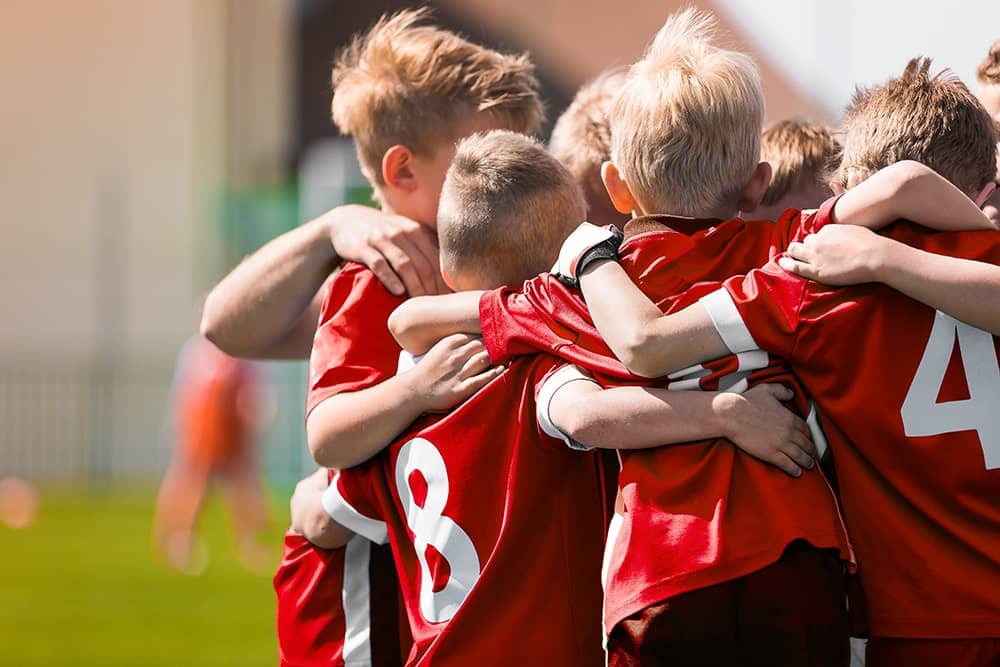There’s no need to fear when you start orthodontic treatment with braces; you’ll still be able to participate in your favorite activities. There will be a few adjustments you’ll need to make in order to avoid damaging your braces and to ensure you finish treatment on time. In particular, anyone who plays contact sports on a regular basis will want to take some precautions to protect their braces.
Risks of Playing Sports with Braces
If your athletic activity of choice is running, cycling, or skating, you don’t have as much to worry about when you get your braces installed. Since these types of activities have very little potential for contact, unless you hit the pavement or the ice, there is little chance of damaging your braces.
Where things can get dicey is if you play sports like basketball, football, soccer, wrestling, or any other sport where contact is likely to occur. If you’re in the middle of a competition and someone or something accidentally makes contact with your face, the consequences could be pretty unpleasant if you’re not prepared.
In particular, the brackets and wires could potentially break if you get hit in the face, causing you to need an extra appointment to get your braces repaired.
As you might have guessed, the other main problem that can arise if you get your face hit while playing sports with braces is getting injured. The metal brackets and wires can cause serious lacerations to the tongue, cheeks, or gums in an impact, which may cause severe bleeding and need emergency medical attention. Your teeth themselves could also become damaged, disrupting your orthodontic treatment progress and causing long-term dental problems.
How to Safely Play Sports with Braces
After all that doom and gloom, you may be thinking, “Hey, I thought you said there was nothing to worry about?” Well, that’s definitely true if you prepare yourself.
If you participate in any athletic activities, be sure to get an orthodontic mouthguard recommended by your orthodontist. While you can find protective mouthguards at any sporting goods store, not all of them are designed to accommodate braces. Plus, some mouthguards are better quality and more comfortable than others, so you’ll be thankful you listened to your orthodontist and got the right type of mouthguard.
While you should still be careful during sporting events and try to avoid an impact, wearing your mouthguard will make impacts less damaging than if you had no protection.
Make sure you remember to bring your mouthguard with you to each competition and practice. The last thing you want is to either risk it and get injured or feel like you have to sit out due to the risk of getting hurt or damaging your braces.
Once you get used to bringing your mouthguard to competitions, it will become just another essential piece of athletic equipment to take with you.
To learn more about how to protect your teeth and braces during orthodontic treatment, contact Smith Orthodontics today!
